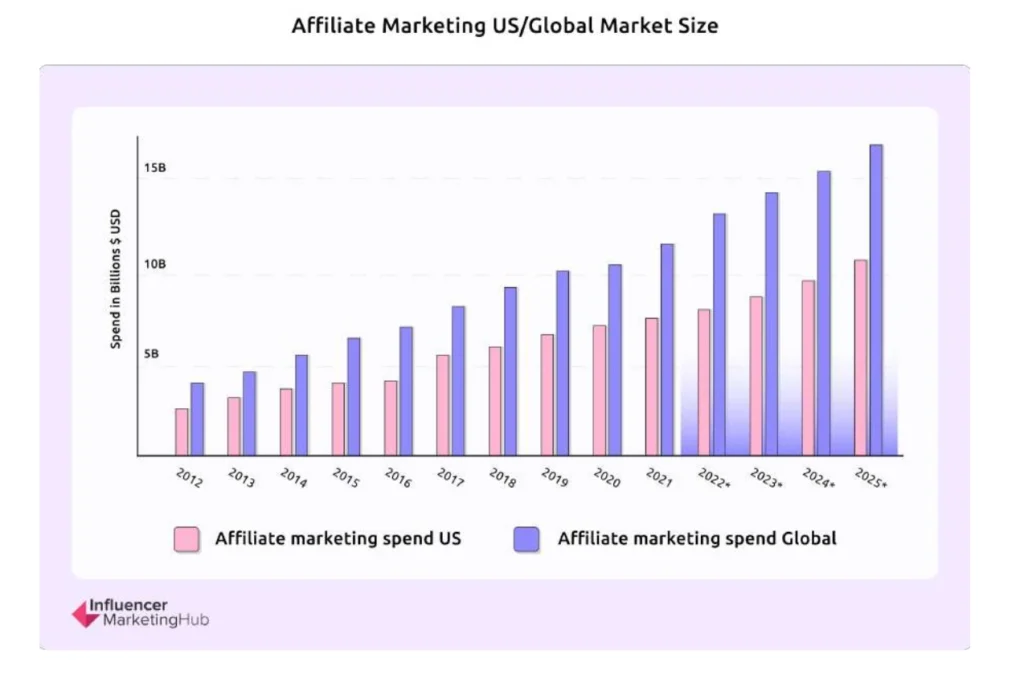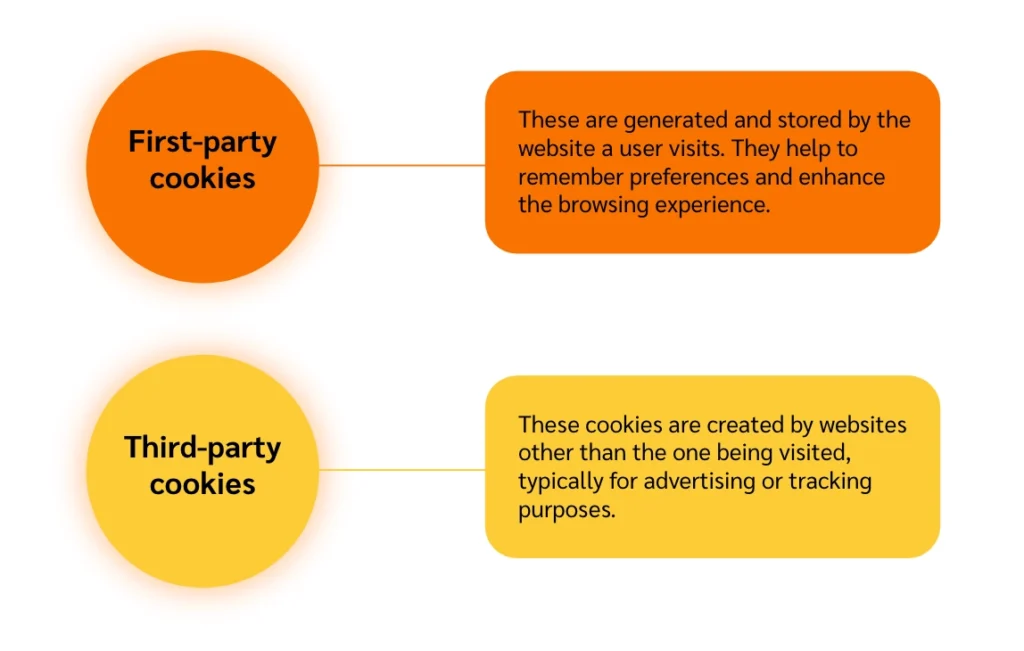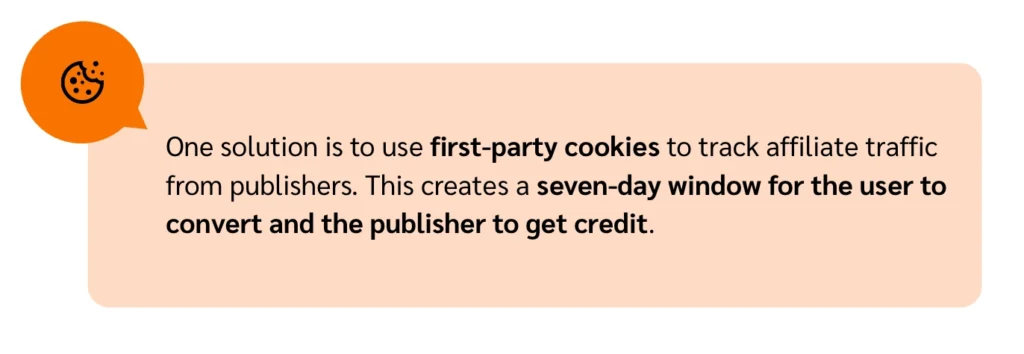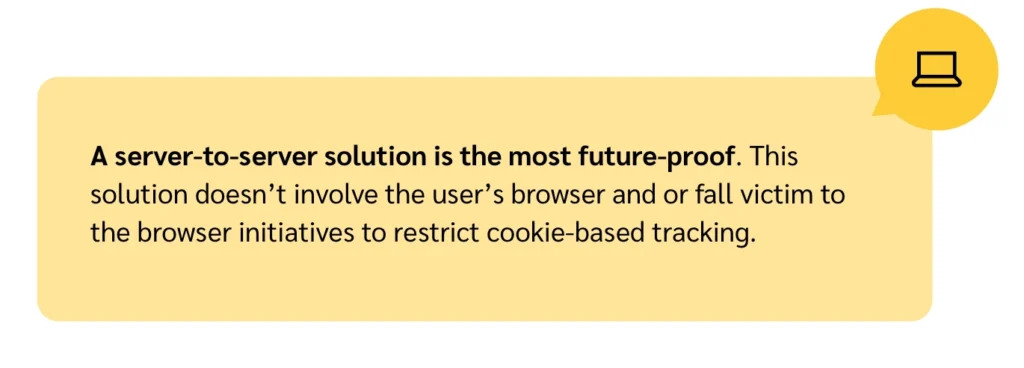According to Influencer Marketing Hub, the affiliate marketing industry will be worth $15.7 billion in 2024, an increase of $1.4 billion from last year alone.
Affiliate publishers must adapt to ever-changing privacy features to scale their programs. One prominent feature is Apple’s Intelligent Tracking Prevention (ITP).
There’s a lot of information about ITP, which can be confusing. This blog boils it down to the essentials. Keep reading to learn about ITP—and why it matters for affiliate publishers in 2024.

Influencer Marketing Hub breaks down affiliate marketing spending globally and in the U.S. in their benchmark report.
What is ITP?
ITP stands for Intelligent Tracking Prevention (ITP) and is Apple’s privacy solution to prevent invasive ad campaigns.
According to Apple, ITP “uses on-device machine learning to block cross-site tracking, while still allowing websites to function normally.”
If it’s an Apple initiative, does that mean it’s only on Apple platforms?
Yes, ITP only affects Safari browsers. While nearly 66 percent of people use Google Chrome worldwide, Safari is the second most popular web browser, with almost 20 percent of the market share.

While Chrome dominates the market share, Safari still holds a significant pull according to StatCounter.
What is the difference between first-party and third-party cookies?
First-party cookies are generated and stored by the website a user visits. They help remember preferences and enhance the browsing experience.
Third-party cookies are created by websites other than those visited, typically for advertising or tracking purposes.

How does ITP work?
ITP targets first-party cookies and third-party cookies by automatically deleting them after a certain period.
First-party cookies are deleted after seven days, while third-party cookies are deleted after 24 hours.
Before ITP was introduced, companies could set their cookie expiration limits as they wished, with 90 days being a common choice.

How does ITP impact affiliate publishers?
ITP limits the lifespan of third-party cookies to 24 hours, making it harder for advertisers to track and target users over time. This can decrease ad effectiveness and potentially lead to lower revenue for affiliates.
Secondly, ITP blocks cross-site tracking, meaning that if users visit multiple websites using different domains, their browsing activity will not be linked. This makes it difficult for affiliates to accurately track conversions and attribute them to the correct source.
With the shorter lifespan of third-party cookies, there is a higher chance that affiliate link clicks will not be properly recorded or attributed. This can lead to discrepancies in reporting and potentially impact an affiliate’s revenue.
What else do I need to know about ITP?
From a publisher’s perspective, if an affiliate network uses third-party cookies to track a user referred from a publisher site to an advertiser site, the user would have to convert within 24 hours. Otherwise, the publisher credit will be lost because Safari will delete the third-party cookie.
What can publishers do to counteract lost credit?
One solution is to use first-party cookies to track affiliate traffic from publishers. If the cookies on an advertiser site are first-party cookies, this creates a seven-day window for the user to convert and the publisher to get credit.
A combination of impact.com’s Universal Tracking Tag (UTT) solution and dedicated tracking environment generates first-party cookies with a seven-day window. Learn more about UTTs here.

Are first-party cookies the only solution?
There are multiple solutions when using code.
The ideal solution is to use Application Programming Interfaces (APIs). These are direct connections between the advertiser’s server and impact.com’s platform. Server-to-server solutions like this eliminate the reliance on the user’s browser and avoid cookies altogether.
But you should know there are a number of ways to implement this solution and they are not all equal. There is some development work required on the advertiser’s part—especially for big advertisers with complex multi-brand sites.
So server-to-server solves a lot of problems?
If done right, it solves all the problems.
However, as mentioned previously, it requires more development resources from the advertiser, and the advertiser’s senior technical people should be involved.
As browser tracking changes and cookies become less effective, server-to-server solutions emerge as the most future-proof option. They don’t rely on the user’s browser and avoid issues with cookie restrictions.

So, is this only an Apple Safari issue?
ITP is an Apple initiative. However, Chrome and other browsers are all restricting cookies and tracking capabilities to enhance end-user privacy.
impact.com continues to pay close attention and communicate with key players in the browser world to ensure our solutions remain the most effective in the market.
Affiliate publishers can benefit significantly by staying informed about evolving privacy regulations.
While first-party cookies and server-to-server are great solutions to ITP, laws can change at a moment’s notice. Affiliate publishers should keep up with the latest changes and adapt their strategy to meet regulations without hindering their business.
Take PXA’s free expert tracking course here and get your certification today.




